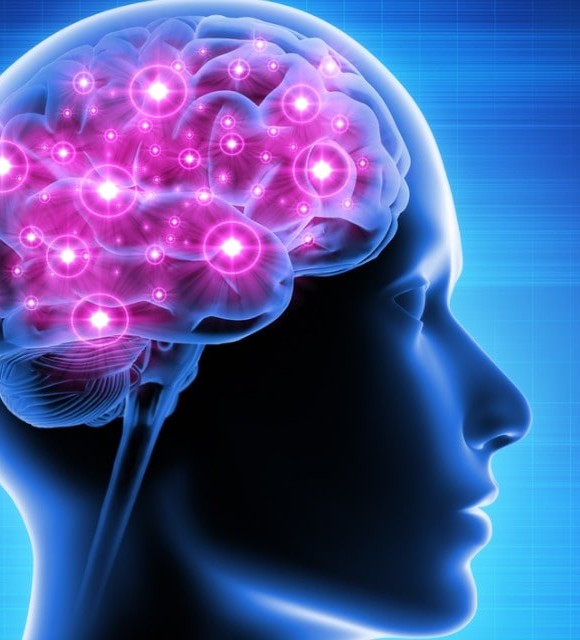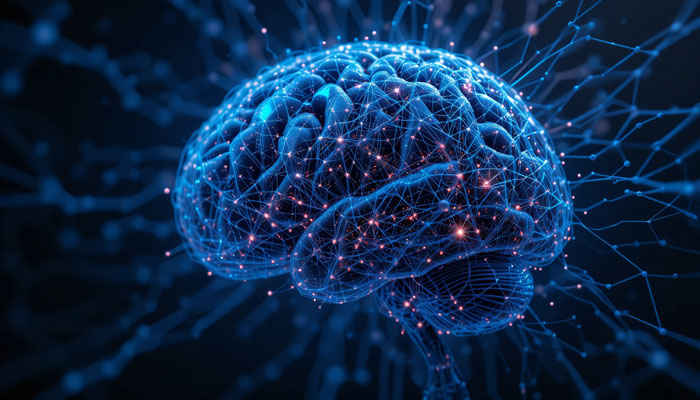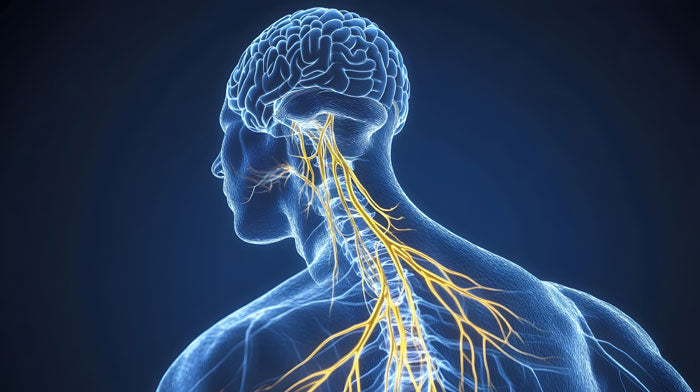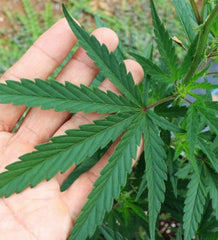
Understand everything about CBD and neurogenesis!
How does CBD work?
CBD is a molecule derived from the cannabis plant that does not produce any psychoactive effects. It acts directly on the nervous system, where it binds to receptors to send signals to different parts of the body to reduce pain, stress, and anxiety. Overall, CBD acts as a “regulator” in the body.
When CBD enters the body, it is metabolized into several compounds, which is why only a small amount reaches the bloodstream. This molecule is lipophilic, so it accumulates in the body's fatty substances until it is eliminated.
CBD does not alter the user 's blood pressure or heart rate. On the contrary, it has soothing and antioxidant properties that gently regulate them. Brain damage caused by degenerative or ischemic pathologies is also reduced because synaptic plasticity and neurogenesis are stimulated.
The action of CBD on the endocannabinoid system
CBD acts directly on the endocannabinoid system (ECS) by binding to CB1 receptors, which are found in the brain, and CB2 receptors, which are found in peripheral organs.
The ECS plays several roles in various body systems. Simply put, it helps regulate and contribute to the proper functioning of vital organs and the immune system.
By stimulating CB1 and CB2 receptors, CBD helps release serotonin , which promotes a sense of well-being and relaxation. It also acts on inflammation receptors to reduce the sending of pain signals to the brain.
What is adult neurogenesis?

Scientists have always believed that the structure of the brain is fixed. However, research in this area in recent years shows that new cells can very well form at any time in the adult brain, not just during the embryonic stages of development.
In short, neurogenesis is the formation of new neurons. This process begins with the division of adult stem cells, which differentiate into new, functional neurons. These then integrate into existing neural circuits.
Unfortunately, the process of neurogenesis is impacted by aging. As a person ages, the production of mature neurons slows. A significant decline in neurogenesis is also observed in people with degenerative diseases such as Alzheimer's.
The effect of CBD on neuron production in adults
Neurons are responsible for transmitting and receiving sensory information. They are also the cells that control all muscle movements. This is why neurogenesis is so important for the proper functioning of the human body.
According to many theories, given the action of CBD on the endocannabinoid system , it could increase neurogenesis. In other words, it increases the number of neurons created.
Experiments conducted on chronically stressed mice have also shown that after a course of CBD, neuronal differentiation in these guinea pigs increased significantly.
Experts and researchers around the world all agree that CBD has the potential to increase the production of functional mature neurons.
The action of CBD on oxidative stress and the aging process
When the human body produces fewer antioxidants than free radicals, it faces a state of oxidative stress.
Free radicals steal electrons from the body's cells, accelerating tissue damage and the aging process. Oxidative stress can also be a cause of neurodegenerative diseases.
According to recent research, CBD can block endotoxins that cause oxidative stress. This can significantly reduce oxidative stress and slow down the aging process.
CBD then helps protect the body's cells, including neurons, from premature aging, which results in more efficient neurogenesis.
Can CBD treat nervous system diseases?

Despite its many benefits for the nervous system, CBD is not a treatment for neurodegenerative diseases such as Alzheimer's and Parkinson's disease. However, by reducing oxidative stress and boosting neurogenesis, this molecule could slow the development of these conditions and significantly reduce their symptoms, particularly neuroinflammation.
Additionally, due to its relaxing properties, CBD may be beneficial for people suffering from epilepsy. While it's not a treatment, this substance can reduce the frequency and intensity of seizures. This is already a significant step forward, allowing some people with epilepsy to improve their quality of life.
In summary, we can confirm that taking CBD is beneficial in reducing the symptoms of nervous system diseases , but it cannot act as a medical treatment.
What you need to know before taking a CBD treatment
It's important to remember that CBD is not a medication. If you suffer from a neurological condition, never neglect your medical treatment. Seek advice from a healthcare professional before starting a CBD treatment to understand the potential interactions between your medications and this substance.
If you do not suffer from any neurological pathology, you should know that you can still consume CBD in order to prevent certain neurodegenerative diseases , since they are generally caused by oxidative stress.
What dose of CBD should you consume to relieve symptoms?
Every body reacts differently to CBD. In fact, the breakdown of this molecule takes into account several factors: weight, sensitivity to CBD, and metabolism.
The method of CBD administration also plays an important role in determining the dose. If you need fast action, we recommend taking CBD oil sublingually. Place a few drops of CBD oil under your tongue and you'll feel the soothing effects within minutes.
If you're new to CBD, we recommend starting with microdoses and gradually increasing them until your symptoms improve. The standard dose is typically between 10 and 100 mg of CBD per day.





